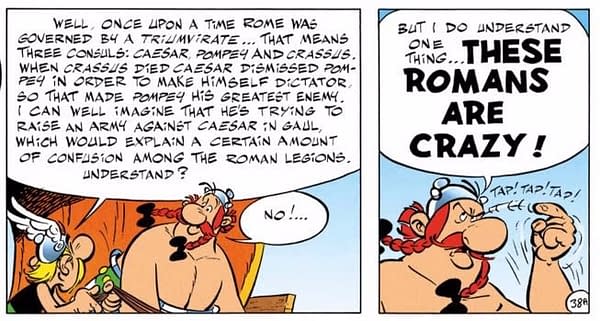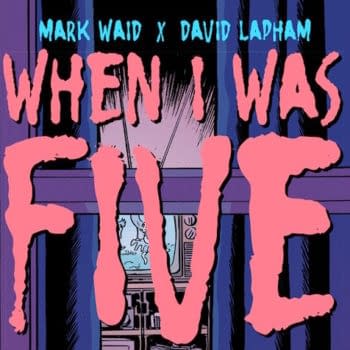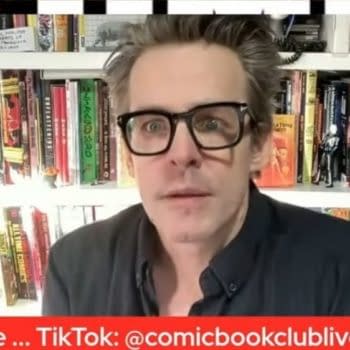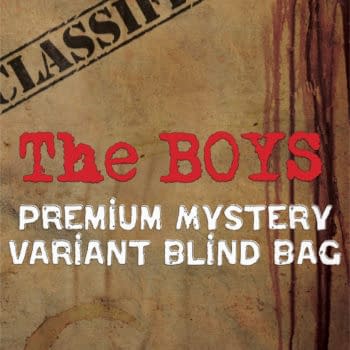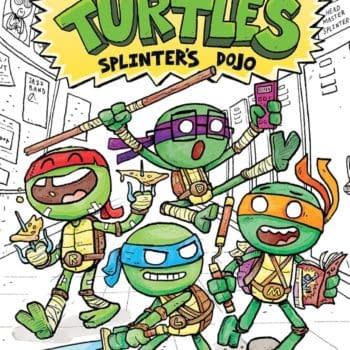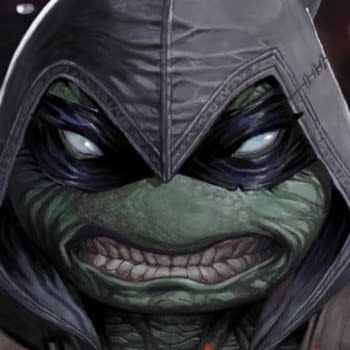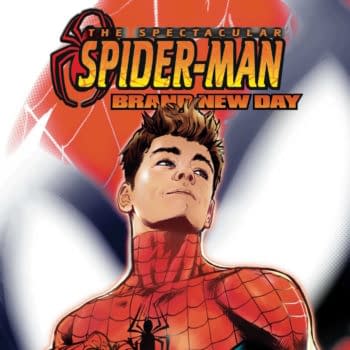Posted in: Comics | Tagged: Angoulême, lewis trondheim
Lewis Trondheim Compares Angoulême Situation To Asterix Comics
Lewis Trondheim compares the Angoulême Comic Art Festival situation to that of Asterix the Gaul
Article Summary
- Lewis Trondheim likens Angoulême Comics Festival turmoil to the rebellious spirit of Asterix comics
- Major creators and publishers are boycotting Angoulême, citing opaque management and toxic leadership
- Questions arise over festival funding, empty booths, and the role of protesting publishers at Angoulême
- Trondheim sees Angoulême’s crisis as a symbolic revolt against stagnation in the French comics industry
Bleeding Cool recently caught up on the situation regarding the Angoulême Comics Festival being hollowed out and imploding after boycotts from creators and publishers alike. That included twenty winners of the Angoulême International Comics Festival's Grand Prize, including Lewis Trondheim, French cartoonist, one of the founders of the independent publisher L'Association and creator of bestseller comic books La Mouche, Kaput & Zösky, and The Amazing Adventures of Lapinot, taking a principled stand against the current organisers. Talking to the Huffington Post, he gave quite the entertaining comparison to that of the world's biggest-selling comic book, Asterix.
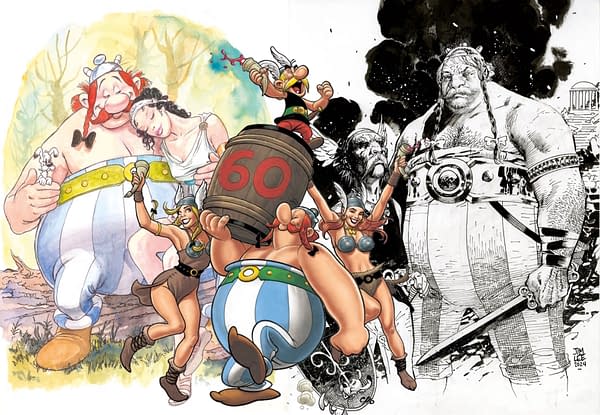
Translated from the French, and in the context of the former director of the show from 2003 to 2013 leaving, Trondheim cites "the opacity of the accounts, the story of the rape of this dismissed person, and more generally the toxic management of recent years… The revolving door of artistic directors in charge of programming, since the departure of Benoît Mouchard, is proof not only that no one wants this position, but that there are problems. And then, what really ignited the situation was when the publishers requested a neutral party to attend the discussions regarding the appointment of 9e Art +'s successor. Its president, Franck Bondoux, had assured them of this. And in the end, no one showed up. They felt like they'd been taken for fools. So yes, between the authors, the publishers, and the political bodies, it's complicated to manage everyone. But you have to know when to compromise. He went too far in his decision-making. Today, I don't see how the local authorities are going to agree to give subsidies to a deserted festival that gives a bad image."
The involvement of government, local and national, was being gossiped about, even in Harrogate, England, where the Thought Bubble comic art festival was taking place. It turns out that what comic con organisers really like to gossip about it other comic cons. Trondeim states that this has been a long time coming, after "the management company was reappointed without a tender process about ten years ago, the publishers started asking questions…. Why did Delphine Groux, president of the FIBD association, whom an article in Le Monde suspects of collusion, initially agree to re-establish contact with this manager? It's not necessarily her fault. The publishers also let the issue drag on for a few years."
Trondheim does still see the event going ahead without the boycotting publishers, creators, events and awards. David Lloyd still has his V For Vendetta exhibition happening. Trondheim says "It's the ideal opportunity for some to escape the monotonous workload they're stuck in all year. It allows us to see our friends a bit. I'm not going to criticize them… it's the publishers who will make the difference… that's where the money is… How will the publishers occupy the booths they've paid for in advance? They won't be able to get a refund. Will they leave them empty? Will they take advantage of the situation to put up protest signs?" Maaybe David Lloyd could design a few.
While Trondheim regrets a half-empty Angoulême Festival, he does see the benefit of comics presenting a "united world fighting against a toxic establishment" and that "what's happening in Angoulême is a bit like in Asterix . It's the rebels taking action against the established order. The comics community no longer wants this political system, this ideological stagnation. They want something different, something intelligent and thoughtful. Perhaps it's a reflection of society, symptomatic of a movement that could reach a national scale in a few years, after our next presidential elections, who knows."
Asterix, the world's best-selling comic, is set in the first century BC and tells the story of a Gaulish village which, thanks to a magic potion that enhances strength, resists the forces of Julius Caesar's Roman Republic Army in a non-historical telling of the time after the Gallic Wars. Many adventures take the titular hero Asterix and his friend Obelix around the world, in others, the world comes to their voillage. Its popularity initially was ascribed to a new national legend for the French to deal with having been occupied by Nazi Germany, but the world (aside from the USA) has found popular parallels with their own history. And thanks to Angoulême, it's time to remember the recorded words of Julius Caesar, when describing the Gaulish fighting style, "these Gauls are crazy."
